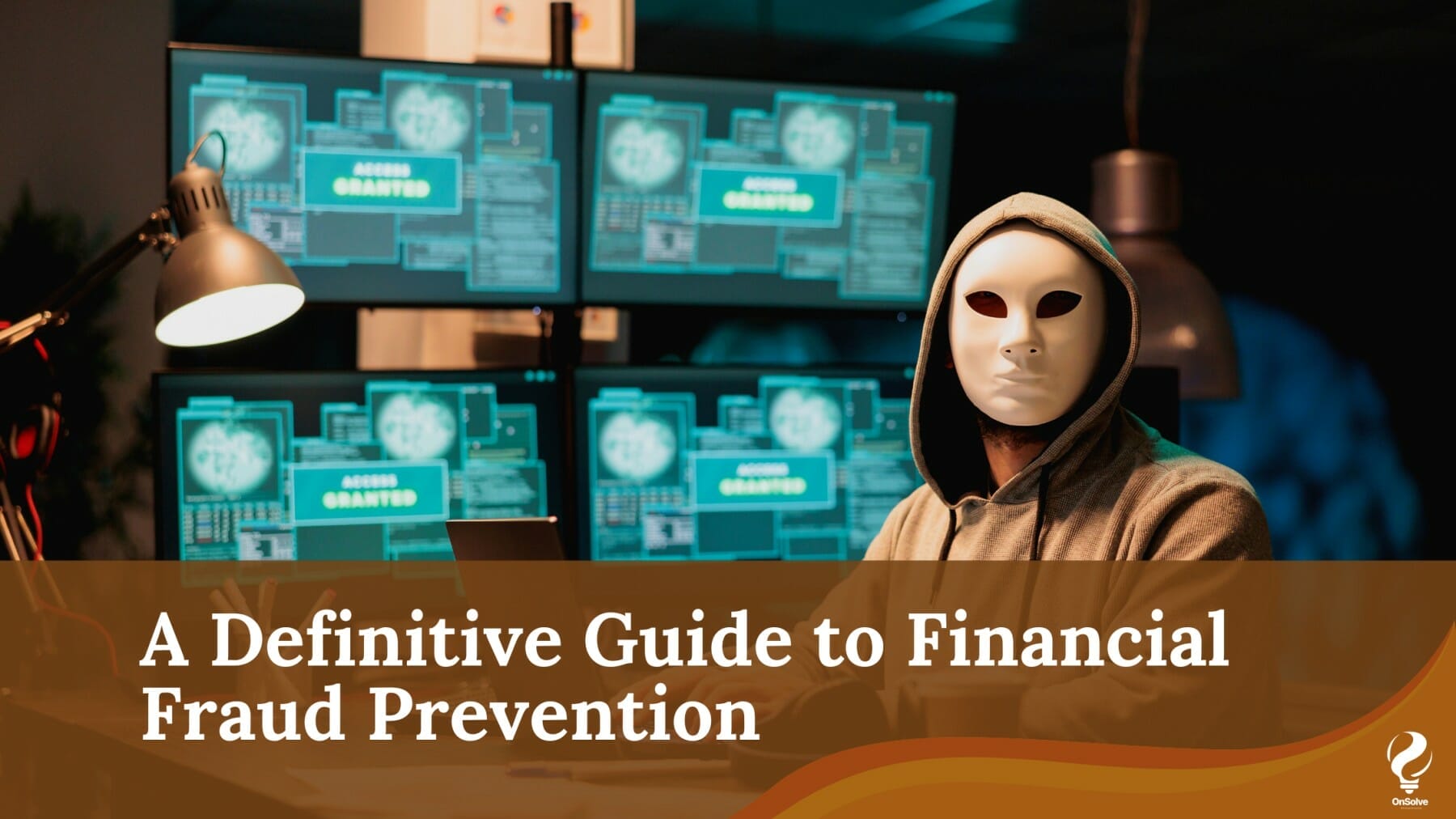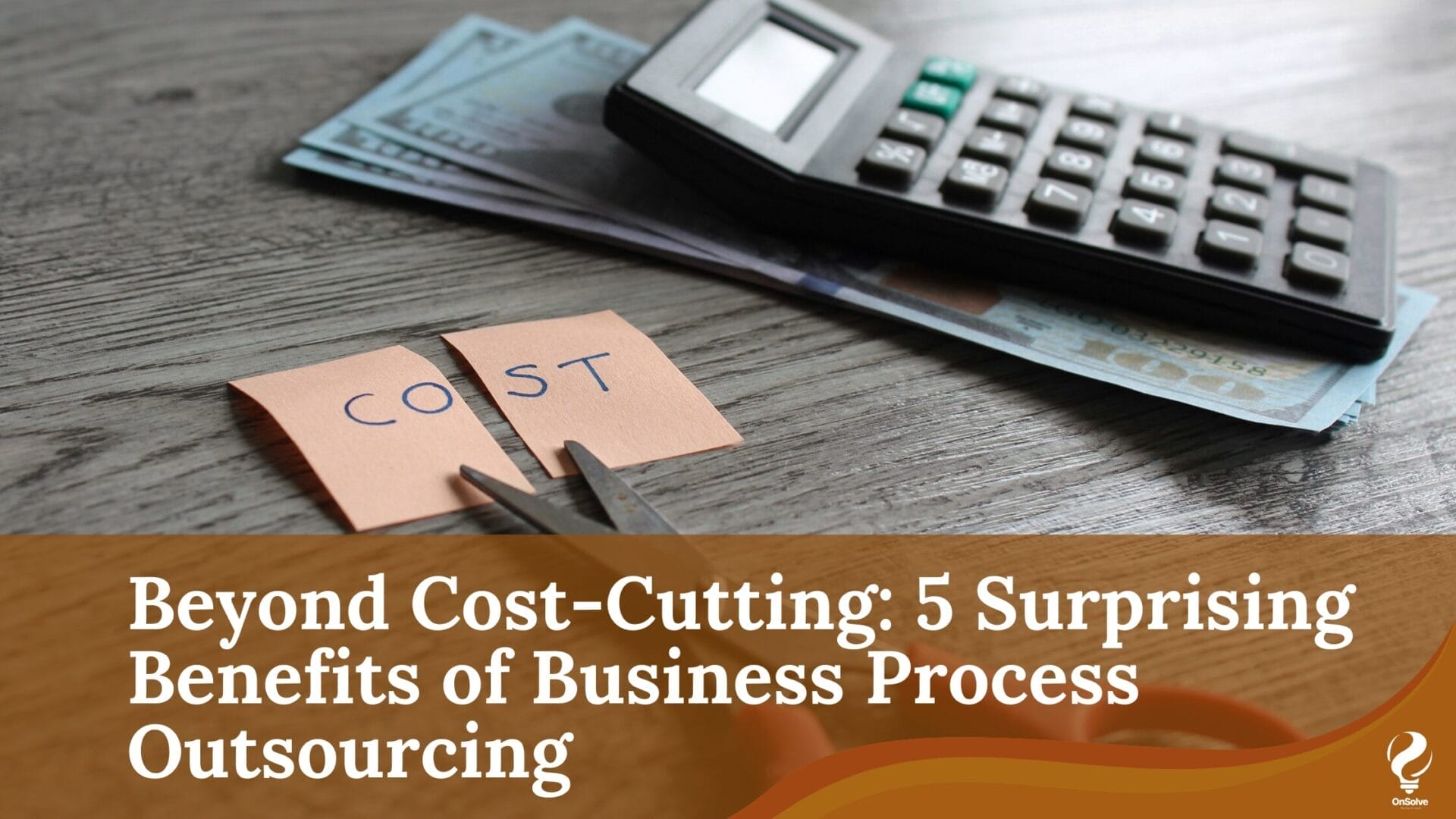Guarding Your Wealth
Introduction
In today’s digital age, financial fraud has evolved into a sophisticated and widespread threat that can affect anyone, from individuals to businesses. Financial fraud encompasses a wide range of deceptive activities, including identity theft, credit card fraud, phishing schemes, and investment scams.
The consequences of falling victim to financial fraud can be devastating, both financially and emotionally. However, by educating ourselves and taking proactive measures, we can significantly reduce our risk of becoming victims. In this comprehensive guide, we will explore various strategies and tips for preventing financial fraud and safeguarding our hard-earned money.
Understanding the Types of Financial Fraud
Before we delve into prevention strategies, let’s take a closer look at some common types of financial fraud:
- Identity Theft: Identity thieves steal personal information, such as Social Security numbers and financial account details, to impersonate their victims and commit various fraudulent activities.
- Credit Card Fraud: Criminals use stolen credit card information to make unauthorized purchases or cash withdrawals.
- Phishing Scams: Scammers send fraudulent emails, texts, or messages that appear legitimate to trick individuals into divulging sensitive information or clicking on malicious links.
- Investment Scams: Fraudsters promise high returns on investments that are too good to be true, luring victims into investing their money into nonexistent or fraudulent schemes.
- Tax Fraud: Criminals use stolen information to file fraudulent tax returns and claim tax refunds that don’t belong to them.
Now, let’s explore some key strategies for preventing financial fraud:
- Protect Your Personal Information: Safeguard your personal and financial information by keeping it secure. Use strong, unique passwords for your online accounts and enable two-factor authentication whenever possible. Be cautious about sharing sensitive information online or over the phone.
- Monitor Your Financial Statements: Regularly review your bank and credit card statements for any unauthorized or suspicious transactions. Report any discrepancies to your financial institution immediately.
- Educate Yourself: Stay informed about the latest scams and fraud tactics. Knowledge is your best defense against fraud. Be skeptical of unsolicited communications and verify the legitimacy of requests for personal information.
- Secure Your Devices: Ensure that your computer, smartphone, and other devices have up-to-date antivirus software and security patches. Avoid using public Wi-Fi networks for sensitive transactions, as they can be vulnerable to hackers.
- Shred Financial Documents: Dispose of financial documents, such as bank statements and credit card offers, by shredding them to prevent dumpster diving by identity thieves.
- Use Secure Websites: When making online purchases or entering personal information, make sure the website is secure. Look for “https://” in the URL and a padlock icon in the address bar.
- Be Cautious with Emails: Don’t click on links or download attachments from unknown or suspicious sources. Be especially wary of emails requesting personal or financial information.
- Verify Investment Opportunities: Before investing your money, thoroughly research the investment opportunity and the individuals or companies involved. Be skeptical of promises of guaranteed high returns.
- Protect Your Social Security Number: Your Social Security number is a prime target for identity thieves. Only share it when absolutely necessary, and store your Social Security card in a secure place.
- Check Your Credit Report: Regularly check your credit report for any unusual activity or accounts that you didn’t open. Federal law allows you to obtain one free credit report from each of the three major credit bureaus annually.
Conclusion
Financial fraud is a pervasive threat that demands our attention and vigilance. By implementing these preventive measures and staying informed about emerging threats, you can significantly reduce your risk of falling victim to financial fraud.
Remember that fraudsters are constantly evolving their tactics, so maintaining a proactive approach to safeguarding your finances is essential. Protecting your financial well-being is not just a responsibility; it’s an investment in your future financial security.
Credit: Office of Mental Health







